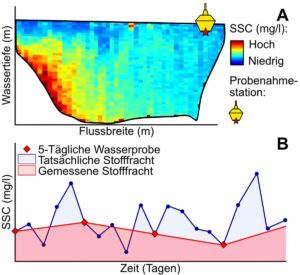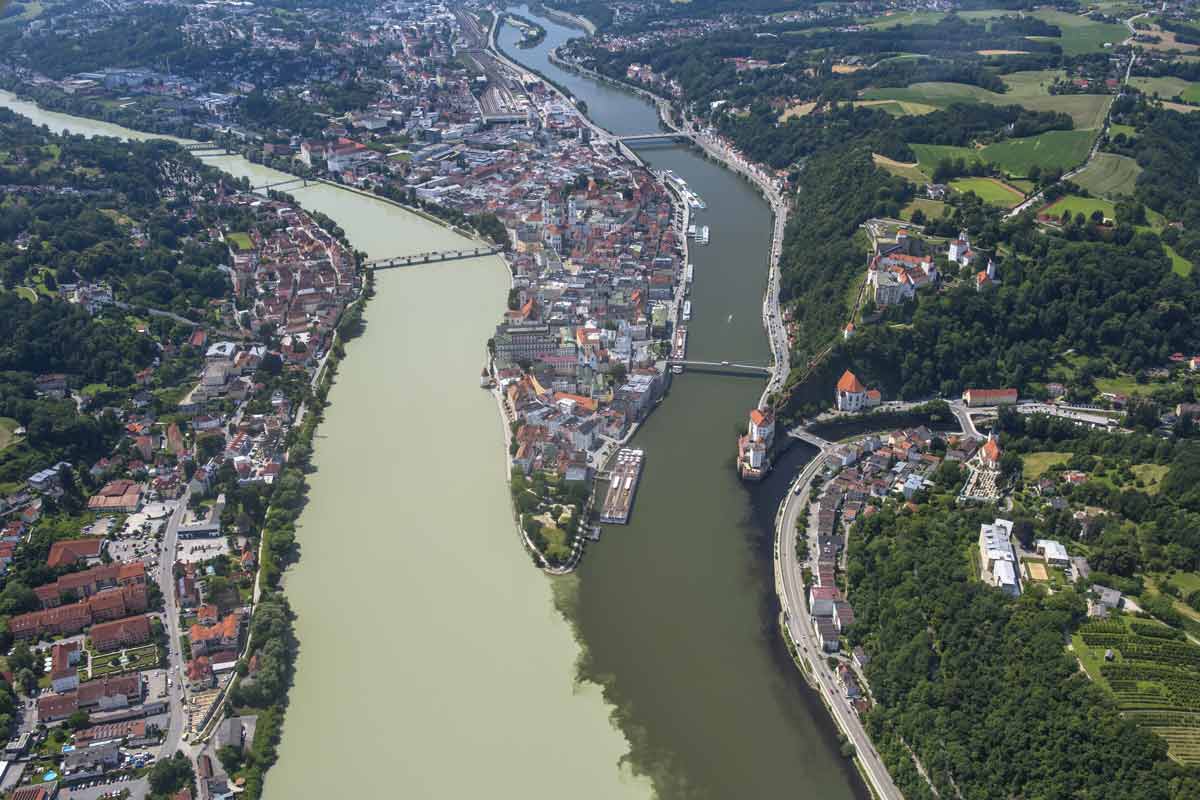Uncertainty in river water monitoring
New insights on spatio-temporal variability of suspended river water components
November 30th & December 1st 2022
Type of Symposium: Virtual (hosted in Cisco Webex)
Organizers: German Federal Institute of Hydrology (BfG) & International Centre for Water Resources and Global Change (ICWRGC)
Rivers transport suspended solids, including multiple substances from geogenic and anthropogenic backgrounds, from hillslopes towards the oceans. The spatial and temporal variability of suspended matter transport hereby strongly affects river and delta morphology, the chemical status of the rivers, aquatic habitats, and the global element cycle.
Even though suspended solids are currently monitored in many rivers world-wide, the community is facing major challenges related to
- limitations in monitoring the temporal variability of suspended solid transport,
- limitations in monitoring the spatial variability of suspended solids in a river cross-section,
- the large variety of applied monitoring methods, all with their own advantages and disadvantages, and
- variations in particle size distributions, organic matter and flocculation processes,
which further complicate the interpretation of surrogate measurements and the understanding of chemical and physical properties of the suspended material and the binding-ability of elements. These challenges altogether lead to major uncertainties in river load estimations at various spatial scales and, therefore, require attention from the scientific community.
 In this symposium, we would like to discuss these challenges and foster the exchange within and between the scientific community and river managers from governmental organizations and various NGOs. The symposium offers an exchange platform for participants who are willing to present and discuss new methods, developments and implications of their work. We welcome contributions including, but not limited to, the following topics:
In this symposium, we would like to discuss these challenges and foster the exchange within and between the scientific community and river managers from governmental organizations and various NGOs. The symposium offers an exchange platform for participants who are willing to present and discuss new methods, developments and implications of their work. We welcome contributions including, but not limited to, the following topics:
- New methods and developments in suspended solid quantitative and qualitative monitoring.
- Insights on variability and gradients of suspended sediment distribution in the river cross-section.
- Insights on chemical composition and element distribution in the river cross-section.
- Temporal variability of suspended solids as well as element distribution and implications for a(n) required/optimal monitoring interval.
- Relationships between suspended solid characteristics (e.g. grain size, mineral composition, organic matter) and bound chemical elements.
- Insights on flocculation processes.
- (Global) suspended solids load estimates, their uncertainties, and following implications.
- Upscaling methods i.e. point measurements to cross-section / interpolation of low-frequent time series to yearly loads.
This symposium is organized as part of the scientific project “URSACHEN” (‘Investigating the uncertainties of spatiotemporal variable substance loads estimations in rivers’) at the Federal Institute of Hydrology and the International Centre for Water Resources and Global Change (UNESCO Cat. 2 Centre) (see project flyer attached).
This symposium further contributes to ambitions of the 9th phase of the UNESCO Intergovernmental Hydrological Programme “Science for a Water Secure World in a Changing Environment”, in particular to the goals of the International Sediment Initiative (ISI) and the FRIEND-water Flagship Programmes.
Important Dates:
Abstract submission deadline: 05.10.2022
Notification of abstract acceptance: 31.10.2022
Final programme: 04.11.2022
Registration deadline presenters: 11.11.2022
Registration deadline other participants: 25.11.2022




